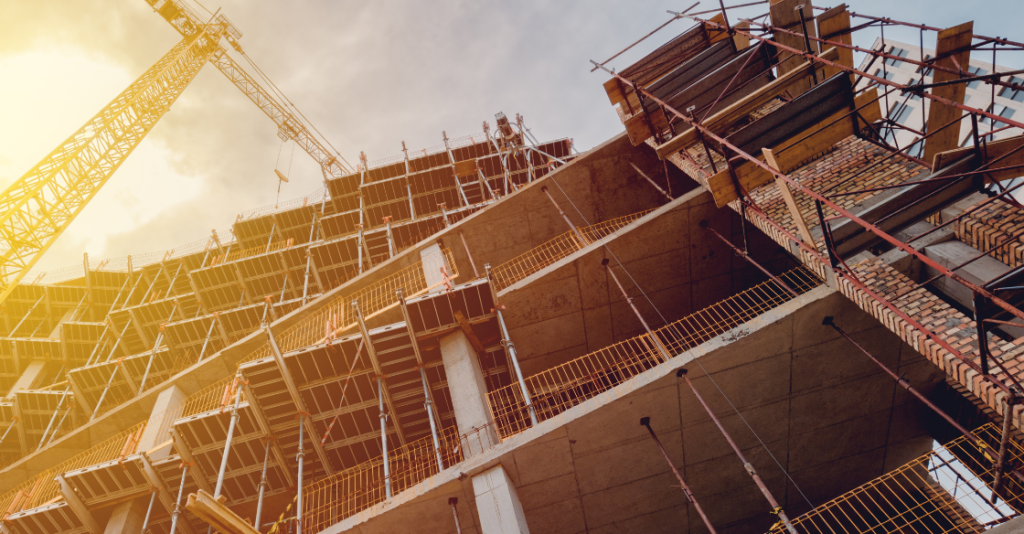Real estate developers face many unique risks while completing their projects. The large scale and global nature of the business can lead to many different hazards and perils that developers must manage. A robust real estate insurance program is an excellent way to mitigate these risks.
Read on to learn more about the risks faced by real estate developers and how to use your insurance program to mitigate the risks. Then, reach out to the experts at Meslee Insurance to find out more.

Risks Faced by Real Estate Developers
Real estate developers face many different risks and hazards while in the course of completing their projects. Here are some of the most common:
Injury/Fatality Risk
Construction workers are at risk for injuries on real estate project sites. Injuries are common on job sites. The National Bureau of Labor Statistics reported a 5% increase in fatalities in the construction business in 2019.
This increase highlights the need for continued risk mitigation on construction sites. Real estate developers must ensure that they are enforcing OSHA and other safety regulations at all times and Workers’ Compensation is critical to have in place.
Of course, as a developer, if you do not have employees directly and all of the actual construction is contracted out to specialty contractors, making sure that each sub-contractor has active worker’s compensation coverage in place becomes just as critical.
Developers should have proper methods for filing and maintaining records of all subcontractors and the worker’s compensation (and other insurance in place), ensuring renewal certificates for any policies that renew while the project is being developed.
3rd Party Liability Risk
Liability risk also deals with injury, except instead of covering physical injury to a job site worker, it relates to injury or property damage sustained by a 3rd party. For example, there can be someone visiting the site that can slip and fall in a ditch. Another example could be machinery falling off of a crane and damaging a neighboring property.
There is always so much going on at a construction site and managing liability towards a 3rd party is paramount and mitigated through commercial general liability insurance. Again, as a developer, there are many ways to accomplish this, including WRAP UP Insurance, Project Specific Insurance or simply replying on the insurance chain and including General Contractors and Sub Contractors.
Product Liability Risk
Within the framework of construction and development, this is commonly referred to as “completed operations” coverage. This type of risk addresses defects in construction post completion. For example, suppose there is HVAC Machinery and ducting installed incorrectly and it is later uncovered years down the line. In that case, there could be costs to remove and reinstall to ensure it is done properly and in working order. As you can imagine, the costs associated with such a mistake can be monumental.
Political Risk
Developers work with projects around the globe. Because of this, political risk is vital to consider. What is the government structure in the development areas? What about vendors? Are there local regulations that make it difficult to do business? Is the political landscape unstable? Local governments and municipalities may need to approve building or land use permits but may be slow or unwilling to do so.
Supply Chain Risk
We have heard more about supply chain risk over the last year due to COVID-19 shutdowns affecting manufacturing plants. Additionally, consumers are more concerned with fair working conditions throughout the production line.
As real estate developers find partners, vendors, and suppliers, they must also investigate the supply chains to ensure they are free from issues. If a factory is unable to meet deadlines, this could delay a project by months or even years. The entire construction can be halted due to lack of a certain material or supply that is needed.
Pollution Risk
Ecological worries are a significant risk for real estate developers. Land and environmental impact studies can be expensive and time-consuming, with the chance that the survey will determine that developing the site is prohibitive for wildlife or the environment. Leaks from underground lines or storage tanks can pollute the water table and wreak havoc on the environment, leading to expensive clean-ups and attempts to regain goodwill with the community. Of even more concern is site pollution liability towards a 3rd party property. When pollution or contaminants exist, there is always the possibility that those same toxins can escape and pollute a neighboring property or water supply. Proper remediation and disposal done by a licensed and insured remediation specialist that has environmental liability coverage is crucial.
Currency Exchange and Trade Risk
Many real estate developers have a global reach, but with this international work comes the risk of currency and trade issues. Changes in currency value can affect the business and balance sheet. International trade agreements can change, and events like the US presidential election or Brexit have widespread international trade effects. Costs and lead times could fluctuate wildly and unexpectedly.

How to Mitigate Real Estate Related Risks for Developers
Having a comprehensive real estate insurance program in place is the best way to mitigate real estate-related risks for developers. Many real estate developers rely on the agents at Meslee Insurance to craft the right coverage for their specific needs.
Business Insurance
Business insurance encompasses many different coverage types that are integral to managing real estate development-related risks. With development, this will usually fall into the category of General Liability.
Some additional coverages to consider are:
- Workers’ Compensation and EPLI to manage injuries and employee lawsuits
- Environmental Liability or Site Pollution coverage (depending on soil and environmental reports)
- Business Continuation Insurance for key partners or directors to ensure the business continues following the loss of a key person
A General Liability policy is a must-have for any developer but can also be purchased for a particular project. This policy includes general liability for three main categories: Bodily Injury, Property Damage, and Completed Operations.
As referenced in a previous blog, there are many different ways to obtain General Liability Insurance. One common and popular vehicle is the OCIP or Project Specific Policy (more on that below).
Lastly, a commercial umbrella policy can be an excellent layer to provide additional protection for business owners.
Owner Controlled Insurance Program (OCIP) & Project Specific
An Owner Controlled Insurance Program, or OCIP policy, is a bundled plan or wrap-up plan that includes the CGL for the project. All of the project’s subcontractors and contractors will enroll in the OCIP, streamlining costs and expediting claims reporting and handling.
One benefit of the OCIP policy is that many liability risks are bundled into it, which simplifies the coverage needed by real estate developers. However, real estate companies usually only use OCIP policies for larger-scale projects, so the project’s size may be a deciding factor when considering using an OCIP policy.
A variant of this coverage is referred to as a “Project Specific Policy” which can come in many forms. Like the OCIP, it covers a particular project; however, the project-specific policy will usually cover the Owner (or the Owner and General Contractor), while still requiring all specialty sub-contractors to have their own coverage naming the General Contractor and the Owner as additional insured.
Course of Construction (COC) Insurance Policy
A course of construction insurance policy, or Builder’s Risk Policy, is the first stop to consider when mitigating real estate development risks.
While the policies listed above deal mainly with liability-related issues, the COC policy covers many physical risks to the construction in progress, from hazards such as fires, wind, rain, lightning, and hail, to theft and accidental damage caused by employees. You can add additional endorsements as needed to manage special risks including loss of income due to delay, coverage for earthquake, water intrusion, and more.
This flexibility offers protection and peace of mind for all involved in the project.
How do I Choose the Right Real Estate Insurance Program to Manage Real Estate Related Risks?
It is vital to shop around to be sure you find the right coverage for your specific project. Because real estate development risks are unique and varied, it is critical to use an agent specializing in commercial real estate development risks, like Meslee Insurance. They can help you understand your risks and tailor your coverage to meet your needs.
With over 30 years of experience as a leading provider of real estate insurance programs, Meslee Insurance is the right choice to help you structure your plan.
To learn more about developers’ real estate-related risks, contact the experts at Meslee Insurance Services at (213)-488-1000. Our licensed professionals will be happy to answer any questions you have.

